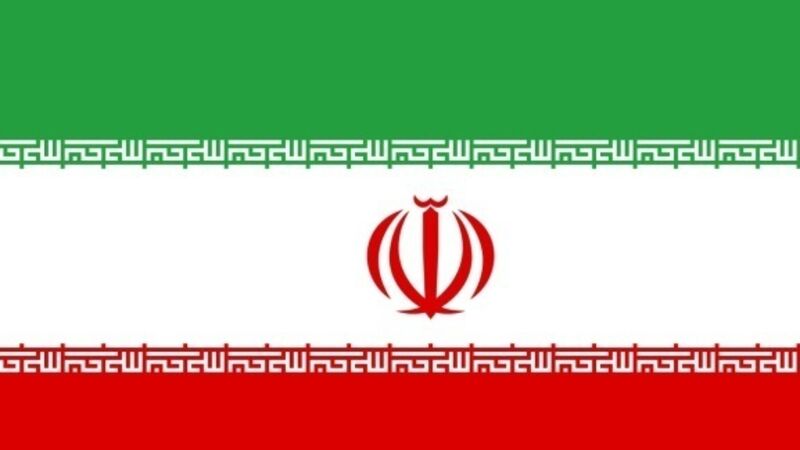Iran nuke talks set to miss deal deadline

Iranian media said Mohammed Javad Zarif’s trip was planned in advance. Still, the fact that he was leaving the talks so close to the Tuesday deadline reflected his need to get instructions on how to proceed on issues where the sides remain apart – among them how much access Tehran should give to UN experts monitoring his country’s compliance to any deal. The US insists on more intrusive access than Iran is ready to give.
US Secretary of State John Kerry, German Foreign Minister Frank-Walter Steinmeier and French Foreign Minister Laurent Fabius are in Vienna, and their Russian and British counterparts were to join later. China was sending a deputy foreign minister.














